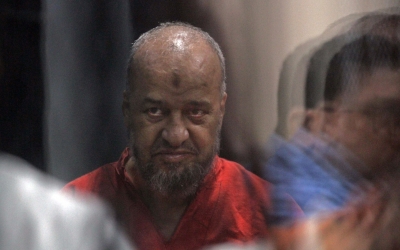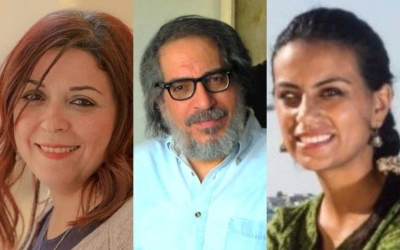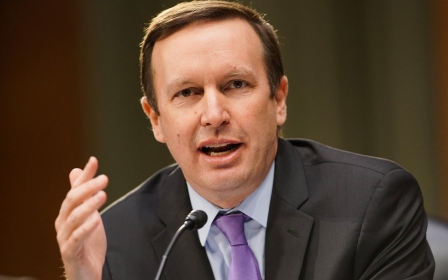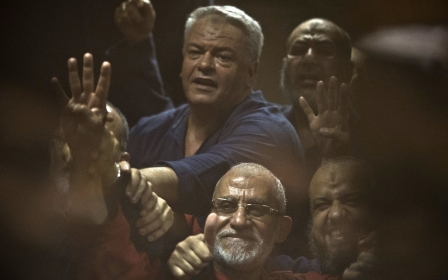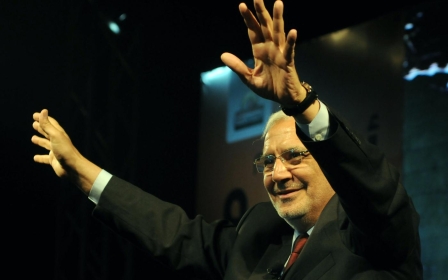Egypt sentences 21 Muslim Brotherhood members to death
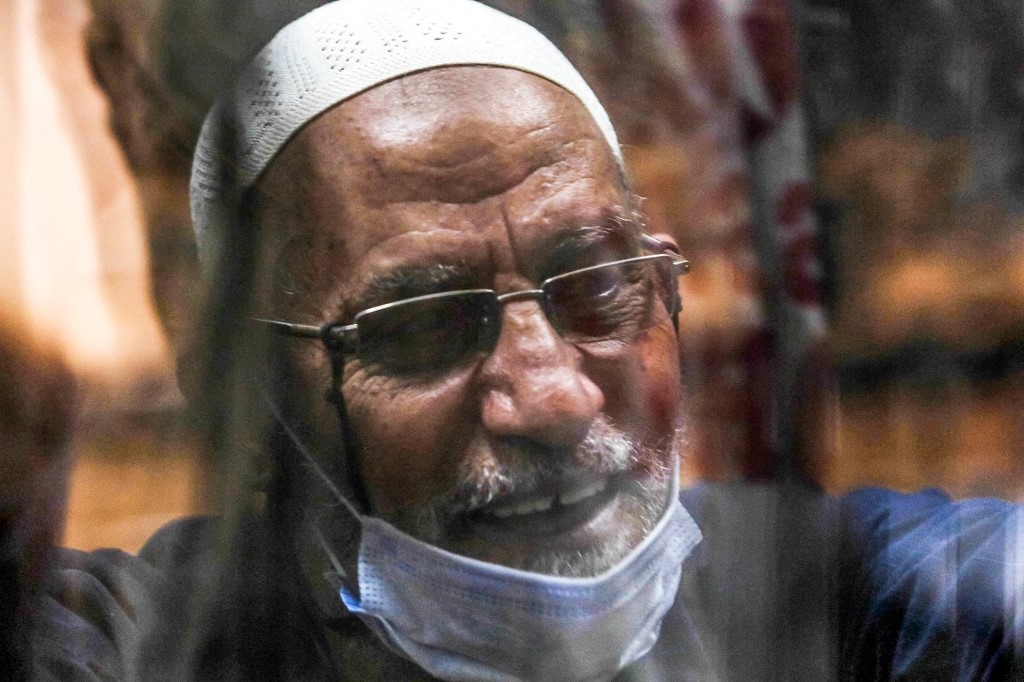
An Egyptian court on Thursday sentenced 21 Muslim Brotherhood members to death, in the latest crackdown against the country’s largest opposition group.
The 21 people were charged with the killing of police officers in two separate cases.
The Damanhour Criminal Court, north of the capital Cairo, convicted the group of several crimes, including the alleged bombing of a bus transporting police officers in the coastal Beheira governorate in 2015.
The attack killed three policemen and wounded scores of others. Nine of those sentenced are in jail, while seven are at large.
According to Ahmed Attar, a researcher at the London-based Egyptian Network for Human Rights, the sentences in that case are final and cannot be appealed because the court is part of the Emergency Supreme State Security division.
“Decisions made by Emergency Supreme State Security courts are not eligible for appeal. They can be carried out once President Abdel Fattah el-Sisi approves them,” Attar told Middle East Eye.
The other case, also comprised of Brotherhood members and tried by the same court, was over the killing of a policeman in 2014. Three of the defendants who were at large were killed in a shootout by security forces in 2014 in Alexandria, Attar said. Five of the eight defendants are in jail and have been sentenced.
The verdicts in the second case can be appealed before the Court of Cassation, according to Attar.
'Mockery of justice'
On 14 June, Egypt's highest appeals court upheld the death sentences issued against 12 members and supporters of the Brotherhood, paving the way for their potential execution. They included senior opposition figures opposed to the government of President Sisi.
The death sentences handed to the 12 Egyptians has provoked an international outcry.
Human Rights Watch described them as “a mockery of justice”, while Amnesty International said the sentences were “a stain on the reputation of Egypt’s highest appeals court and cast a dark shadow over the country’s entire justice system”.
Sisi has overseen what HRW has called “the worst crackdown on human rights in the country’s modern history.”
The former defence minister, Sisi came to power after ousting his democratically-elected predecessor Mohamed Morsi in a military coup in 2013. Morsi was a leading member of the Brotherhood.
While the Brotherhood's Freedom and Justice Party had the largest popular backing in the 2012 elections, the coup effectively erased the group from Egyptian political life.
Since then, the party has been dissolved and the Brotherhood declared a terrorist organisation. Thousands of its members and supporters have been either jailed, killed, or forced to live in exile. The crackdown has also targeted secular and liberal members of the opposition, many of whom had initially supported the coup.
Morsi, meanwhile, died of a heart attack during a court session in June 2019. UN experts said the conditions in which he had been imprisoned may have directly led to his death, amounting to a "state-sanctioned killing".
In 2020, the number of executions in Egypt tripled from the year before, making the country the third-most prolific executioner after China and Iran.
Many of those executed have been described by rights groups as "prisoners of conscience", detained over their opposition to the Sisi government.
According to the Geneva-based Committee for Justice rights group, at least 92 Sisi opponents have been executed since 2013, and final death sentences have been issued for 64 others who may be executed at any moment.
Middle East Eye delivers independent and unrivalled coverage and analysis of the Middle East, North Africa and beyond. To learn more about republishing this content and the associated fees, please fill out this form. More about MEE can be found here.


